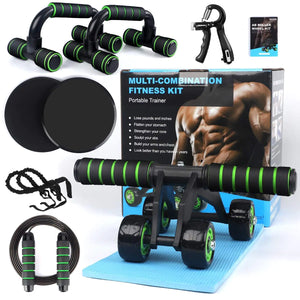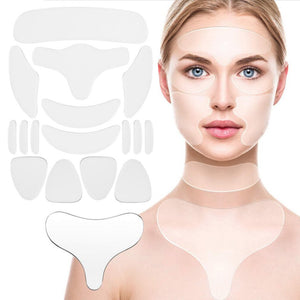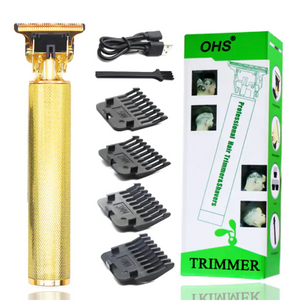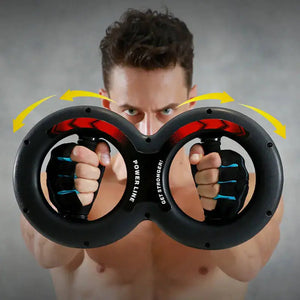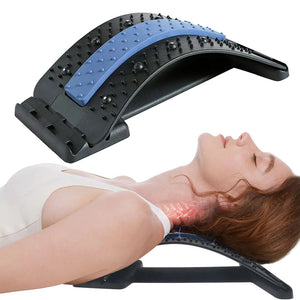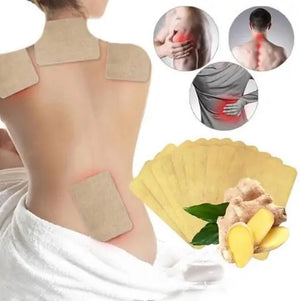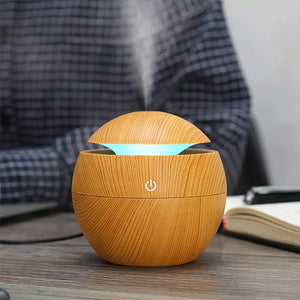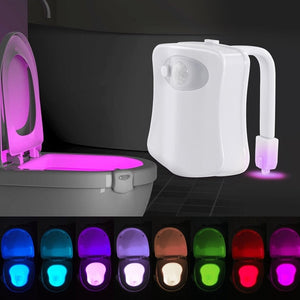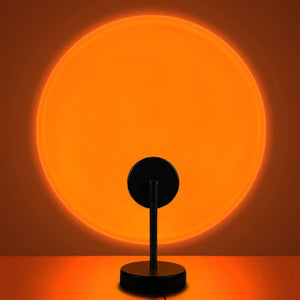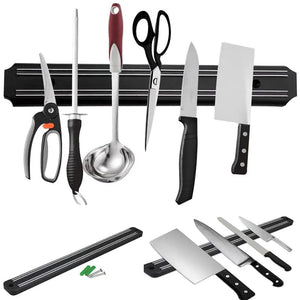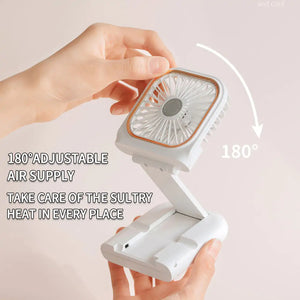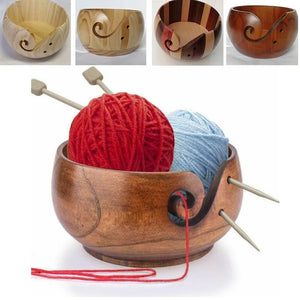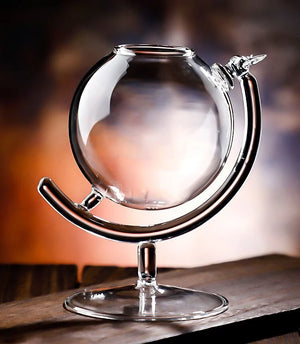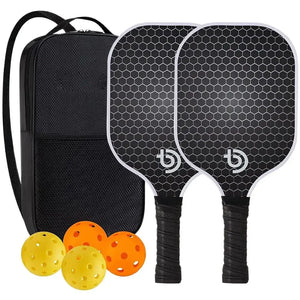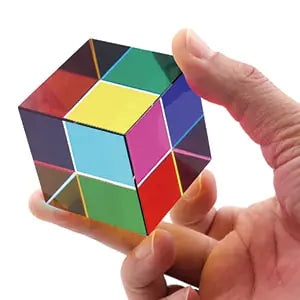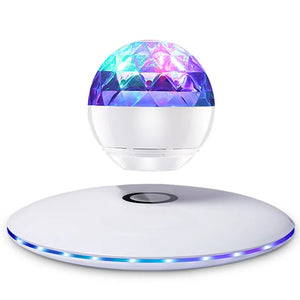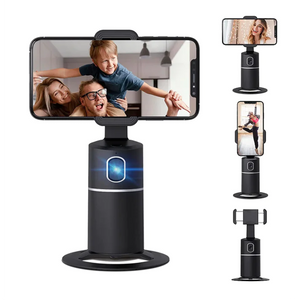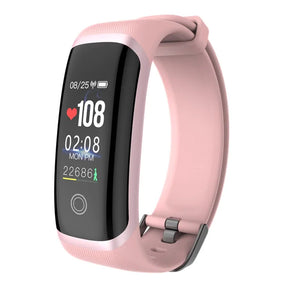Sleep is one of the most essential pillars of health, yet many of us struggle to determine how much we actually need.
While general recommendations exist, the answer can be highly individual. The staff at Nifty Cool Stuff – our online lifestyle store – believes that learning to identify and meet your personal sleep needs can improve everything from mood and memory to immune function and overall performance.
General Guidelines for Sleep
The Centers for Disease Control and Prevention (CDC) offers age-based recommendations:
- Adults aged 18-60: Seven or more hours per night
- Adults aged 61-64: Seven to nine hours
- Adults aged 65 and older: Seven to eight hours
These benchmarks are a helpful starting point, but they don’t account for individual differences. That’s where the concept of “sleep need” comes in.

What Is Sleep Need?
According to a review by Hannah Scott of Flinders University (Australia) and Michael Perlis of the University of Pennsylvania, sleep need refers to the minimum amount of sleep a person requires in a 24-hour period to function well. Falling short can lead to sleep deprivation, which affects everything from cognitive performance and emotional regulation to metabolism and immune response.
Factors That Influence Sleep Need
Your sleep requirement isn't static. It shifts based on various factors:
- Enduring factors: Age, gender, and chronic health conditions
- Changing factors: Stress levels, daily activity, recent sleep quality, and current health
- Genetics: Research suggests genetics account for up to 30% of our sleep need, helping to explain why some people function well with six hours while others need nine.

Estimating Your Personal Sleep Need
Because your sleep need is shaped by complex factors, it can’t be determined by simply wearing a fitness tracker or undergoing a single sleep study. However, there are practical steps you can take to estimate your optimal amount of rest.
1. Stick to a Consistent Schedule
Try to wake up and go to bed at the same time every day, including weekends. A consistent routine helps regulate your internal clock and makes it easier to fall asleep and wake up naturally.
2. Honor Your Circadian Rhythm
Pay attention to whether you naturally feel more alert in the morning or evening. While many people fall somewhere in between, aligning your schedule with your circadian preference can help optimize your sleep quality.

3. Track Your Sleep Patterns
Monitor both your total time in bed (your sleep opportunity) and how much of that time you actually sleep (your sleep ability). Tools like a sleep diary or apps such as CBT-i Coach can help you keep track.
Interpreting the Results
Once you've tracked your habits for a week or two, you can evaluate which sleep category you fall into and what adjustments might help.
Too Little Sleep
If you fall asleep quickly but wake up groggy and struggle to function during the day, you might not be giving yourself enough time in bed. Start by increasing your sleep window by 15 to 30 minutes per night. If you begin to have trouble falling asleep, scale back slightly.
If daytime sleepiness becomes a safety concern (eg- while driving) or persists despite adjustments, consult a healthcare provider. Chronic fatigue could point to underlying conditions like sleep apnea.

Too Much Sleep
While it might seem logical to spend extra time in bed after a poor night’s sleep, this can backfire. Staying in bed too long – especially more than nine to ten hours – can disrupt your natural sleep drive and even worsen insomnia.
If you find yourself lying awake at night without experiencing daytime fatigue, gradually reduce your time in bed until your sleep becomes more consolidated. However, if you’re routinely getting six or fewer hours of sleep, don’t reduce your time in bed without speaking to a sleep specialist.

Just the Right Amount
If you’re getting seven to nine hours of sleep, fall asleep easily, stay asleep through most of the night, and wake up refreshed, you’ve likely found your ideal sleep window. No changes needed; just keep doing what works!
Final Thoughts
Understanding your personal sleep need is about more than hitting a magic number. It involves observing your body, respecting your circadian rhythms, and making adjustments that help you feel and function your best.

Sleep is deeply individual, and investing the time to understand your needs can pay off in better focus, mood, health, and overall quality of life.
Thus, sleep aids are a big deal at Nifty Cool Stuff. The quality products featured here are part of our inventory in the Tranquility department, and we invite you to give us a click to discover what we can do to meet your needs. We look forward to being of service to you!









